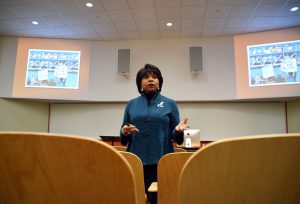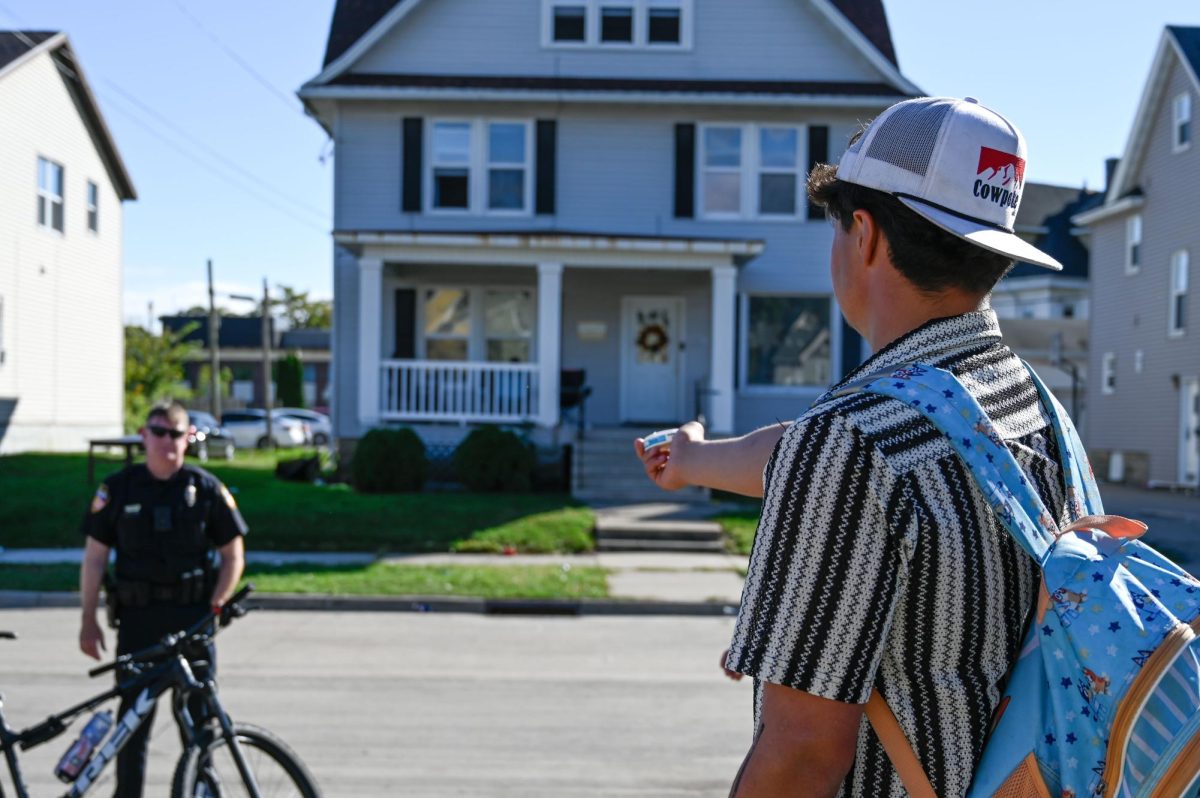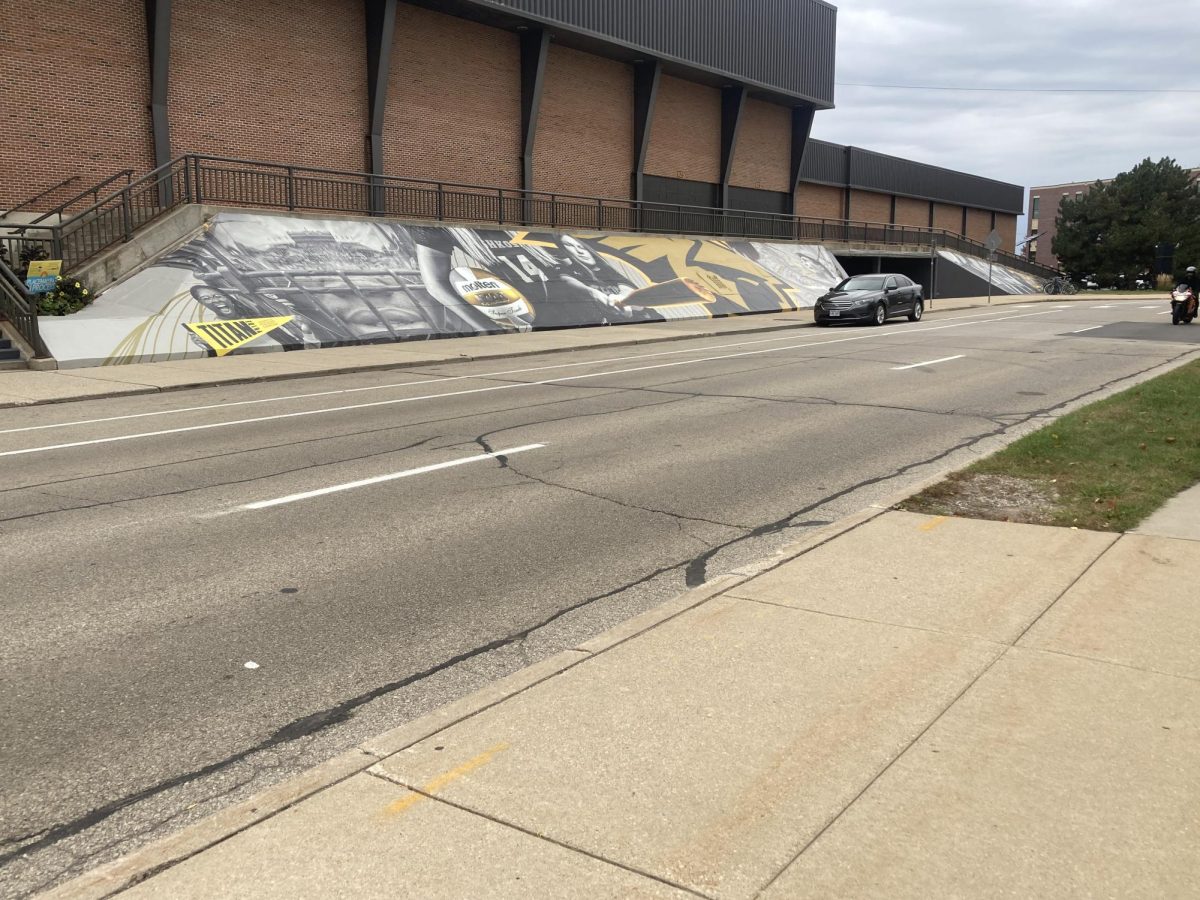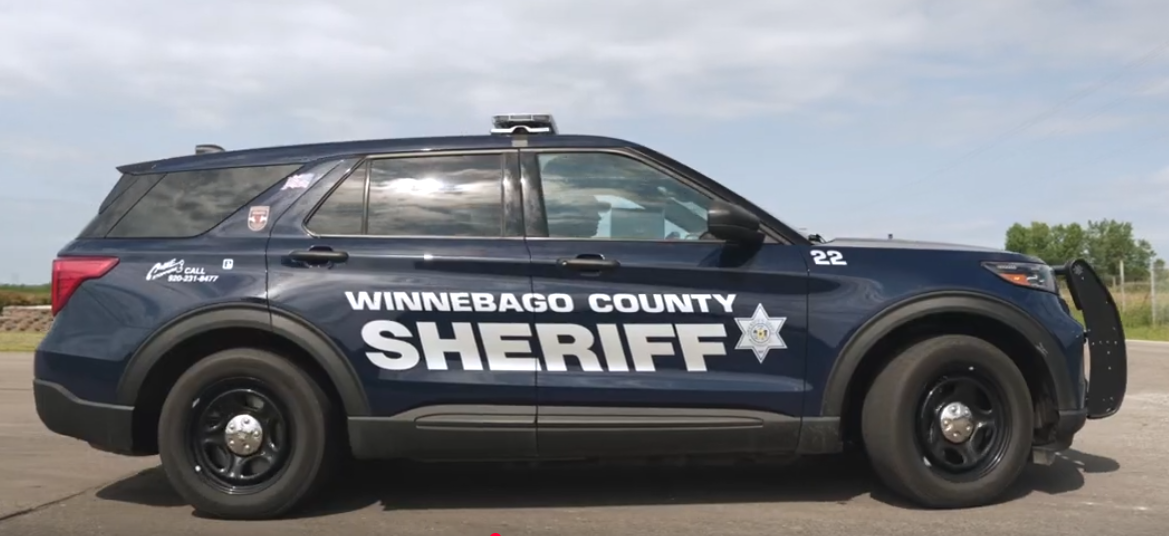
Cheryl Brown Henderson, daughter of Oliver Brown, one of the 12 parents who filed suit in Brown v. Board of Education, came to UW Oshkosh on Tuesday to discuss the case and how it still affects all of us today.
Henderson discussed how many of the civil rights movements of the 1950s and 60s have approached significant anniversaries, but instead of celebrating the anniversaries, Americans are still fighting for those civil rights.
“2014 looked exactly like 1964; people were out in the streets,” Henderson said. “2014 was the 60th anniversary of Brown v. Board. It was the 50th anniversary of the Civil Rights Act. It was the 20th anniversary of the South African Constitution that members of this country helped draft.”
Henderson said the Brown v. Board of Education case had a greater impact on society than just the public school systems.
“Brown v. Board wasn’t simply about children and education, it was the beginning for the legal framework to end racial segregation,” Henderson said. “If education has to be equal, why wasn’t it equal at food counters, work places, etc.”
Henderson said the Brown v. Board of Education case is a reminder that even in today’s society, not all of our problems are solved.
“Brown v. Board of Education reminds me that democracy is imperfect and is very, very messy,” Henderson said. “It requires the civil disobedience, which is the engine that drives democracy’s machine. It doesn’t work if we don’t go out and add our voices.”
Henderson said Brown v. Board of Education is often looked at as a solved case, but the aftermath is really never taught in schools.
“You can’t change the fact that some of this happened,” Henderson said. “Many of these things are unpleasant, hard to remember, but it is important because as people say, if you don’t know your history, you are destined to repeat it.”
UWO education professor Steven Brown said Brown v. Board of Education is a case taught at UWO for education majors to learn about education then and education today.
“When I teach school law, we talk about Brown v. Board of Education,” Brown said. “I make sure my students know not only that case but other cases as well.”
Henderson said over the years the story of Brown v. Board of Education has become fictionalized.
“My father never met Thurgood Marshall,” Henderson said. “His involvement was as a parent. He was the first man to sign on to the case, and his name was on the case merely on principle that he was the only man signed on.”
UWO Black Student Union President Kevin Cathey said when planning this event, he was hoping for all students to learn about this important court decision.
“I guess my question is who do you find yourself gets more out of this lesson, African-American students who know this history a little more or non-minority college students?” Cathey asked.
Henderson said she believes if American history was taught differently, Americans could benefit from it.
“There needs to be some clear recognition that we all came from somewhere else, there is no place called white on the face of this Earth, so it would help people to know where they came from and what their ancestors experienced,” Henderson said. “We need a multi-cultural education for all because we are providing our white students with a huge disservice by creating a false sense of historical superiority, when there is absolutely none.”













